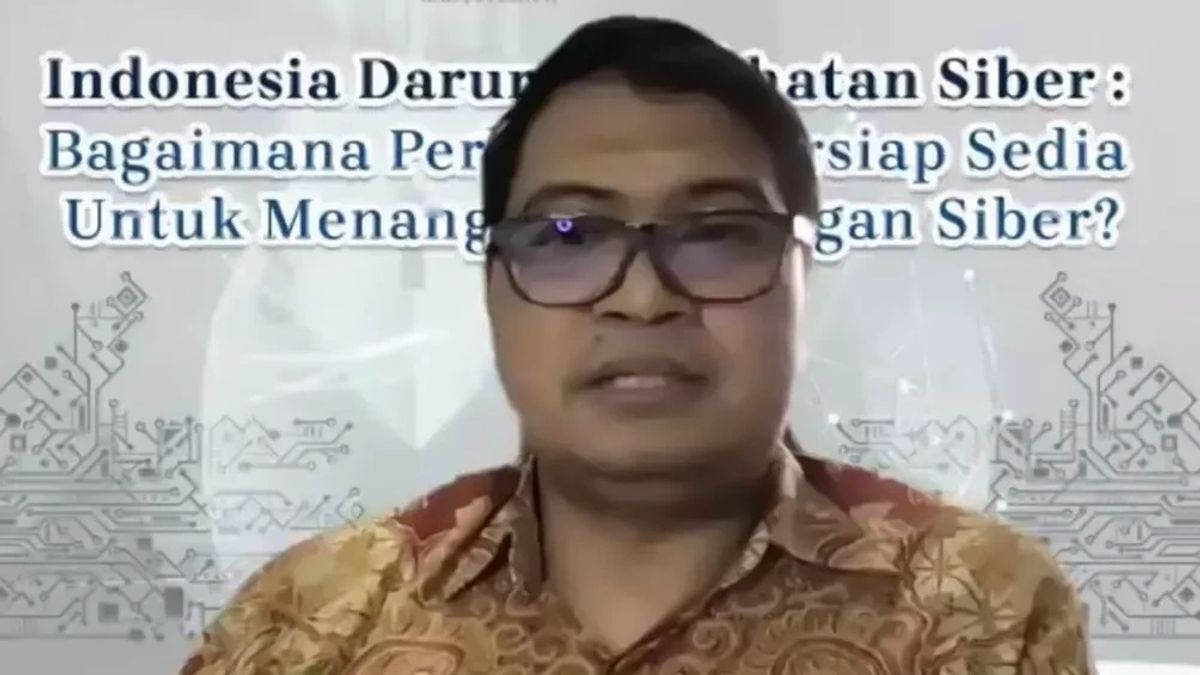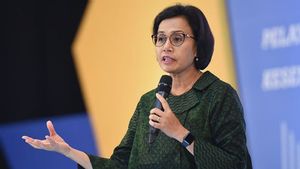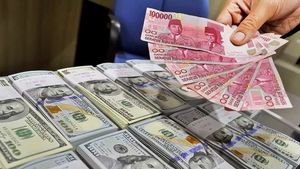JAKARTA - Head of Mandiri Institute Teguh Yudo Wicaksono revealed that entering mid-August public spending had entered a relatively stable phase after post-Eid normalization and Eid al-Fitr.
Until August 13, 2023, Mandiri Lending Index (MSI) recorded a figure of 164.4 which showed that people's spending grew 64.4 percent compared to the period before the pandemic.
"As of July, public spending grew 31.8 percent compared to the same period in 2022," said Yudo in Bank Mandiri's Macroeconomic Outlook Media Gathering & Presentation, Tuesday, August 22.
It is known, the value of public spending in July 2023 recorded 168.1.
According to him, until August, the people's spending phase has actually entered the sustain consumption phase and until 2024 it is predicted that public spending will continue to increase significantly.
Even though the school holiday has ended, he continued, the Mandiri Institute still sees an acceleration of spending on several islands in Indonesia, namely in Kalimantan, Maluku-Papua, Sumatra and Bali-Nusa Tenggara, recording an acceleration of spending in August.
Meanwhile, the slowdown in spending occurred in Java and Sulawesi.
Then in terms of the composition of spending, Yudo continued, all shopping categories until mid-August experienced normalization, except for electronic and household appliances which continued to increase.
On a monthly basis, spending related to household appliances in July reached the level of 117.6 or grew by about 10.01 percent compared to July 2022.
"A solid growth in spending on household appliances that has occurred since May 2023 shows strong consumer optimism," added Yudo.
As for expenditures based on income groups, Yudo said that public spending from the lowest group or consumers with savings balances below Rp. 1 million continued to increase.
As of August 13, MSI from this group reached 196.8.
VOIR éGALEMENT:
Meanwhile, the middle group or those with savings balances of Rp. 1 million to Rp. 10 million are relatively stable and are in the range of 185.7.
"In general, the increase in people's spending in the lower class is more supported by their savings. The data shows that the DPK index from the lower group continues to decline while their spending continues to increase," concluded Yudo.
The English, Chinese, Japanese, Arabic, and French versions are automatically generated by the AI. So there may still be inaccuracies in translating, please always see Indonesian as our main language. (system supported by DigitalSiber.id)
















